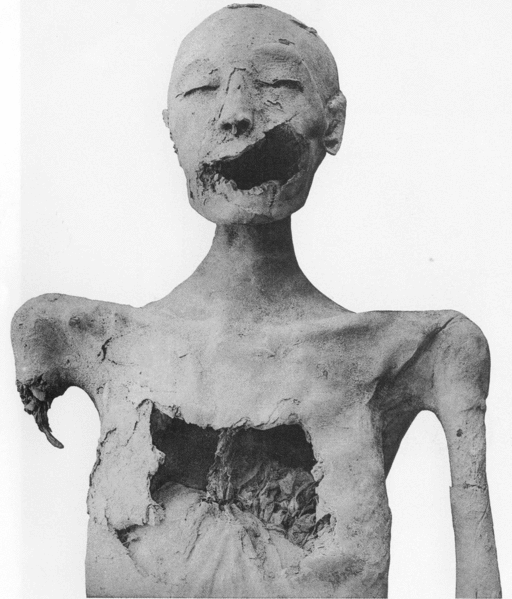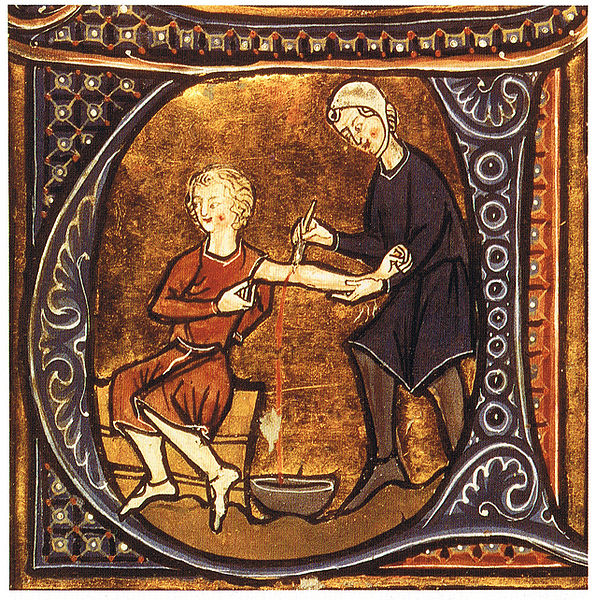Scott Carney is an investigative journalist whose 2011 book, The Red Market, looks at the world’s very unsettling illicit trade in human flesh, including an Indian “blood farm,” in which a former dairy farmer kidnapped people, drained their blood and sold it. Carney just finished writing his next book, which focuses on the grisly and confusing death of a man at an Arizona Tibetan retreat, but his new Ask Me Anything at Reddit still mostly centers on underground human-organ trafficking, which is usually less about a shanghaied victim than pure economic predation. A few exchanges follow.
________________________________
Question:
How much of the illegal trade is actually non-consensual though? Do a lot of people sell their organs on the black market out of economic necessity or are they mostly forced into it by gangsters?
Scott Carney:
It’s impossible to get accurate statistics of anything having to do with the illegal organ trade–but from what I witnessed it seems to me that the majority of the trafficking occurs because very rich companies and hospitals take advantage of desperately poor individuals. So, technically, most of it is consensual, it’s also incredibly coercive. There’s a reason that after every major tsunami and earthquake that the organ brokers come in right after the relief agencies.
________________________________
Question:
So it’s less kidnapping people and leaving them in bathtubs full of ice and more pressuring incredibly poor people into selling their organs or face starving to death?
In a way that’s much worse, rather than individual acts of violence it’s an entrenched economic problem that is a lot harder to fix than simply arresting a few kidnapping gangs.
Scott Carney:
Yes. It’s really rare to kidnap people–especially tourists. However, it DOES happen. In this article in Foreign Policy I wrote about several cases where people are simply picked up off the streets and robbed of their organs. That said, it is generally a lot less risky for the brokers to simply convince people they’ve entered into a fair trade, rather than raise suspicion amongst law enforcement.
________________________________
Question:
How valuable are each of the harvested body parts approximately? Does it vary widely around the world or are different organs more valuable in different countries?
Scott Carney:
This is a tough question because body parts don’t have a fixed value. Their price fluctuates like a used car. However, I did write a piece for Wired a few years ago where I tried to come up with general prices. Check it out here.
________________________________
Question:
How big is this industry estimated to be? How many organ trades a year are we talking worldwide? Obviously with all things criminal we don’t have exact stats but are we talking tens of thousands or millions or what?
Scott Carney:
It is easily worth billions of dollars, but there is no solid statistic that I can point to. It turns out that the criminals are terrible at filing quarterly reports. The best I can point to is a WHO report that says that 10% of organ transplants happen on the black market.
________________________________
Question:
Are there any other known places in the world where black market organ trading occurs? And how do they transport the organs?
Scott Carney:
It’s a global problem. I think just about every country has some relation to it. Live organs aren’t usually transported across international lines. In those cases the patients fly abroad for surgery.
________________________________
Question:
Do you think an increase in voluntary organ donation would help reduce this market?
Scott Carney:
This is a fascinating question that has more than one answer. I tackle it in the last chapter of my book a little bit. In short, I have to say no. While voluntary donation will increase the overall supply of organs, it does nothing to stem the overall demand. Since 1984 when the National Organ Transplant Association started up the waiting list for a kidney was almost seven years long. Today, with vastly expanded voluntary supply (I think it is something like 50,000 transplants a year now), the list is still just as long. What is happening is that as the supply grows, doctors find more eligible recipients for organs. It’s perverse, but the demand for organs is actually a reflection of the supply. Not the other way around.•


